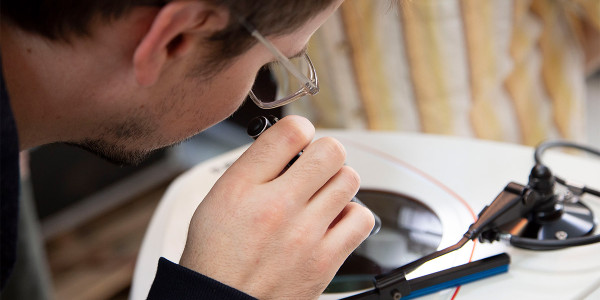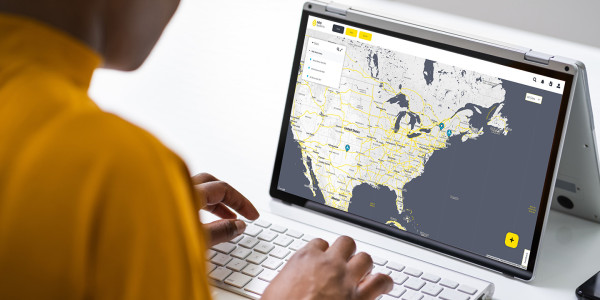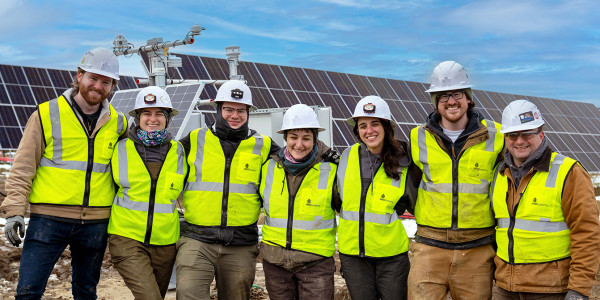January 18, 2011 | Leadership, Workplace Culture + Practices,
As 2010 ends and a new year begins, most organizations (and individuals) are focused on their goals for 2011. At my company, we’ve finished our strategic and department planning and employees are tuned in to our direction for 2011. We’ve refined our process over time to improve the linkages between the top business strategy and individual contributions and efforts.
As a human resource professional, I’m sometimes asked to provide assistance to individuals regarding their goals and development plans. Recently, however, I’ve been pondering why we set personal development goals for ourselves. Here are some common reasons:
- We hear or believe that we need to get better at something that’s important to our success.
- We have an innate desire to continue learning and growing.
- We feel like we have to grow to get our dream job or be promoted.
- Everybody’s doing it so we jump on the bandwagon.
Perfection is an unreachable state
The problem I see is this: On some level, whether we allow ourselves to admit it or not, we set personal development goals because we don’t like something about ourselves. We set goals because we want to be better or different, have more, or be perceived differently than we currently are. Somehow we fall short, of our own expectations or of others' expectations, and usually both. It seems to be based on a drive for that elusive state of perfection rather than the actual learning and development we gain from the process itself.
But here’s a news flash: as human beings, not a single one of us is or can be perfect. Wow. Really?!?! Perhaps this is a better way of saying the same thing: we are forever students. There’s nothing wrong with this. In fact, it’s awesome, it’s cool. To me, it opens up a universe of possibilities. The world – the universe even – is so rich with never-ending things to learn, of course we want to be forever students. To say we’re done learning or can’t learn something new means all doors are closed.
To be clear, I’m not opposed to personal development and goal setting nor am I saying it’s a waste of time. I do it all the time and have since I was a teenager.
But when we set goals from the standpoint that we are falling short in some way and need or want to change something about ourselves, we often fail at achieving our goals. We all have examples of this. We don’t like our bodies so we set up personal exercise programs or go on diets, and we all know about the failure rates of these programs.
Build on your strengths
I have discovered an amazing thing that happens when you stop beating yourself up over perceived shortcomings, and learn first to accept yourself as you are now, build on your strengths and see yourself as a lifelong learner. You suddenly start achieving your goals without trying so hard. It’s no longer an epic journey of immense proportions; it’s part of your daily life and part of you.
I see this as a process of peeling away layers. The layers are of the mental untruths we’ve told ourselves or have been told over our lifetimes about how we should be, what we’re not, what others expect of us, what society expects of us. We hear these things every day from the time we’re little. It’s impossible to not hear them. But we can choose to stop taking these messages in, and when we do so, we start to uncover our real selves. The truth is our real selves are always complete.
So while I’ll continue goal setting and working with others in our organization to do the same, this time around it’s different. I strive everyday to connect with myself—and encourage others to do the same —to question the untruths that we’ve taken in and unlearn some things, and to focus on building our strengths. Just imagine what an organization of such people can achieve together by the end of the year!
RESOURCES:
Strengths Finder 2.0, Tom Rath (book)
Strengths Finder Assessment Tool





